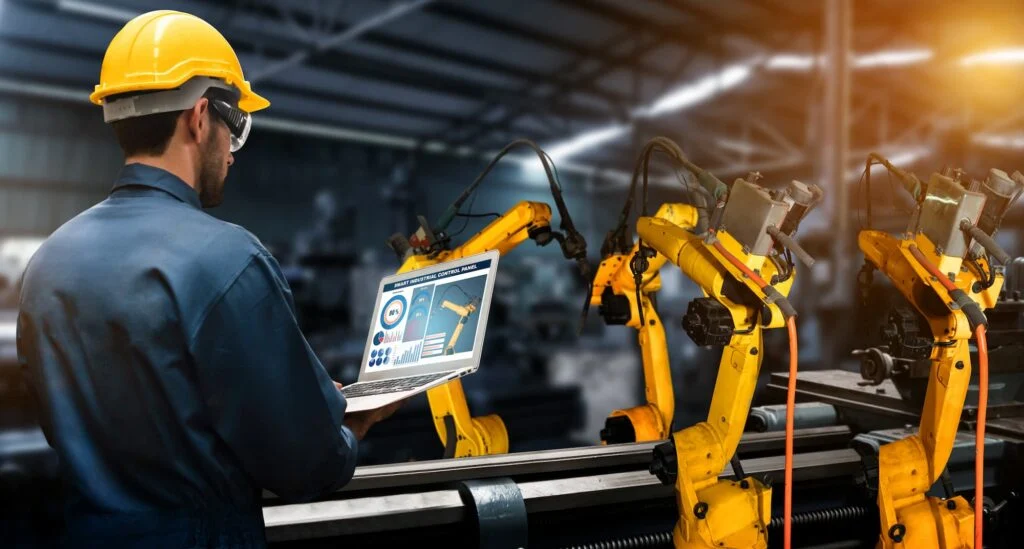
Mastering Industrial Control Systems Maintenance
Introduction
Ensuring the optimal performance and longevity of industrial control systems is paramount for businesses operating in today’s competitive landscape. This article delves into the essential aspects of maintaining VFDs, servo drives, PLCs, and SMPS—key components of modern industrial automation.
Understanding the Importance of Preventive Maintenance
Regular maintenance is not just a routine task but a strategic investment. By proactively addressing potential issues, businesses can:
- Prevent breakdowns: Minimize downtime and disruptions to production.
- Improve efficiency: Enhance operational efficiency and reduce energy consumption.
- Extend lifespan: Prolong the service life of equipment, reducing replacement costs.
Key Maintenance Tasks
- Visual Inspections: Regularly inspect for signs of damage, overheating, or loose connections.
- Electrical Checks: Verify voltage levels, current draw, and ground leakage.
- Mechanical Checks: Inspect moving parts, lubricate bearings, and ensure proper alignment.
- Software Updates: Keep firmware and software up-to-date for bug fixes and performance improvements.
- Environmental Factors: Monitor temperature, humidity, and dust levels to maintain optimal operating conditions.
- Regular Cleaning: Remove dust and debris to prevent overheating and electrical problems.
- Battery Maintenance: Ensure batteries are in good condition and replaced as needed.
- Periodic Testing: Conduct functional tests to verify equipment performance.
Specific Maintenance Tips for Each Component
- VFDs: Monitor motor current and voltage, check for overheating, and inspect cooling fans.
- Servo Drives: Ensure proper alignment of the motor and drive, and inspect encoder cables.
- PLCs: Verify input and output signals, update software regularly, and check for communication errors.
- SMPS: Monitor input and output voltage levels, inspect cooling fans, and check for signs of overheating.
Developing a Comprehensive Maintenance Plan
A well-structured maintenance plan is essential for effective management. Consider factors such as usage frequency, environmental conditions, and criticality of the equipment.
Safety First
Always prioritize safety when working with industrial control systems. Follow safety procedures, use appropriate protective gear, and be aware of electrical and mechanical hazards.
Conclusion
By implementing a robust maintenance program, businesses can significantly improve the reliability, efficiency, and lifespan of their industrial control systems. Regular inspections, preventive maintenance, and addressing potential issues proactively will contribute to overall operational success
Keywords: industrial control systems, maintenance, VFD, servo drive, PLC, SMPS, automation, reliability, efficiency, preventive maintenance, troubleshooting

